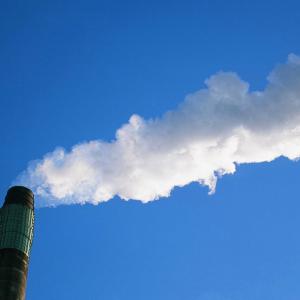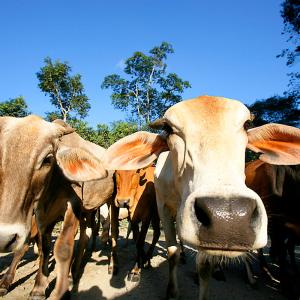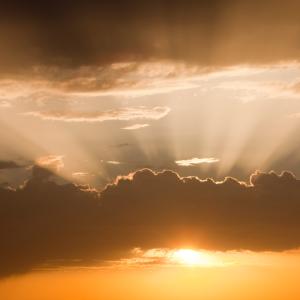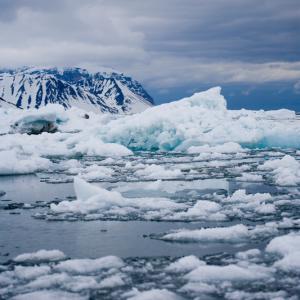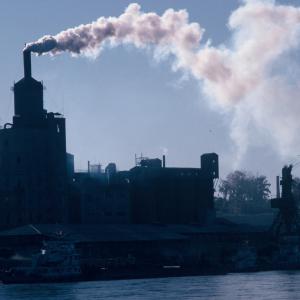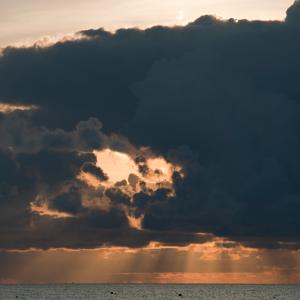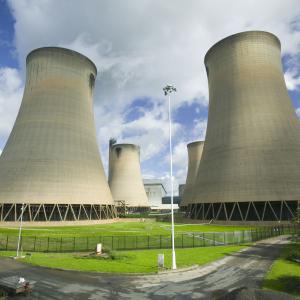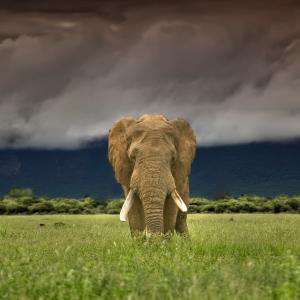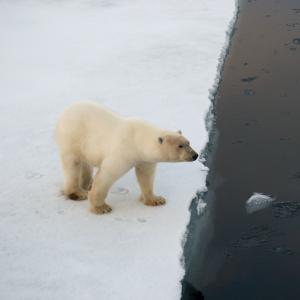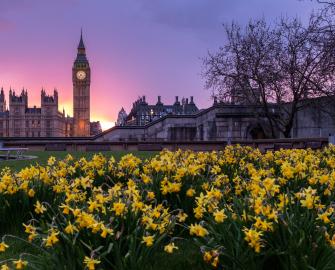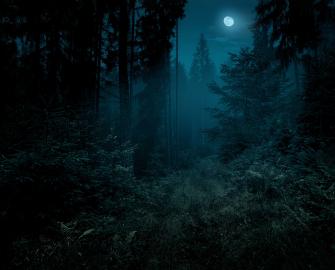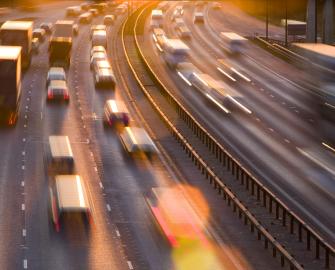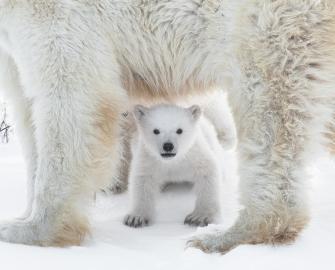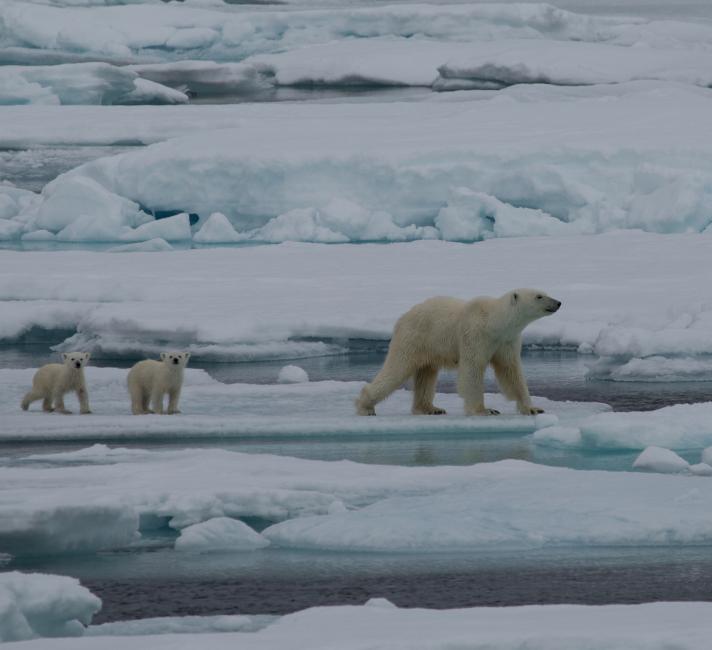
What are climate change and global warming?
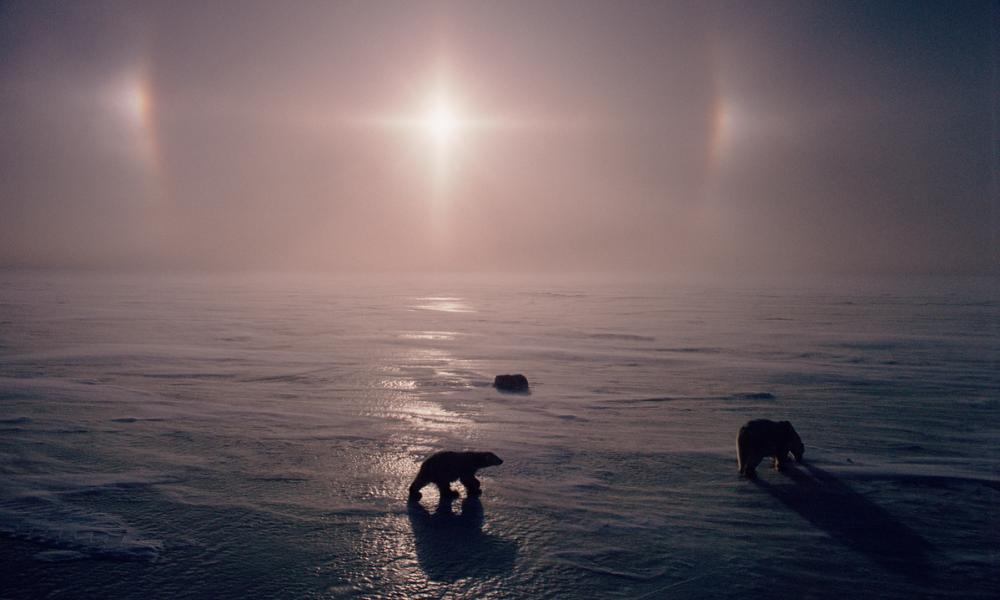
What is climate change?
What is climate change?
Climate change refers to a large-scale, long-term shift in the planet's weather patterns and average temperatures.
The science is clear. Climate change is real. Climate change is happening now. Climate change requires immediate and ambitious action to prevent the worst effects it can have on people and wildlife all over the world.
We know that the planet has warmed by an average of nearly 1°C in the past century. If we are to prevent the worst effects of climate change, there is global agreement that temperature rises need to be kept well below 2°C from the pre-industrial era, with an ambition to keep it below 1.5°C. Currently, however, assessments suggest that we are currently on course for temperature rises of up to as much as 4°C or higher.
We have recently seen a number of unwanted developments due to climate change and global warming:
- 16 of the 17 warmest years on record have occurred since 2001, with 2016 being the warmest yet.
- The current levels of atmospheric concentrations of greenhouse gases are unprecedented in the last 800,000 years.
- And recently, scientists have declared a new geological time period: the Anthropocene, in which human activity is said to be the dominant influence on the environment, climate, and ecology of the earth.
As the planet continues to warm, climate patterns change. Extreme and unpredictable weather will become more common across the world as climate patterns change, with some places being hotter, some places being wetter, and some places being drier. These changes can have (and are already having) drastic impacts on all life on Earth.
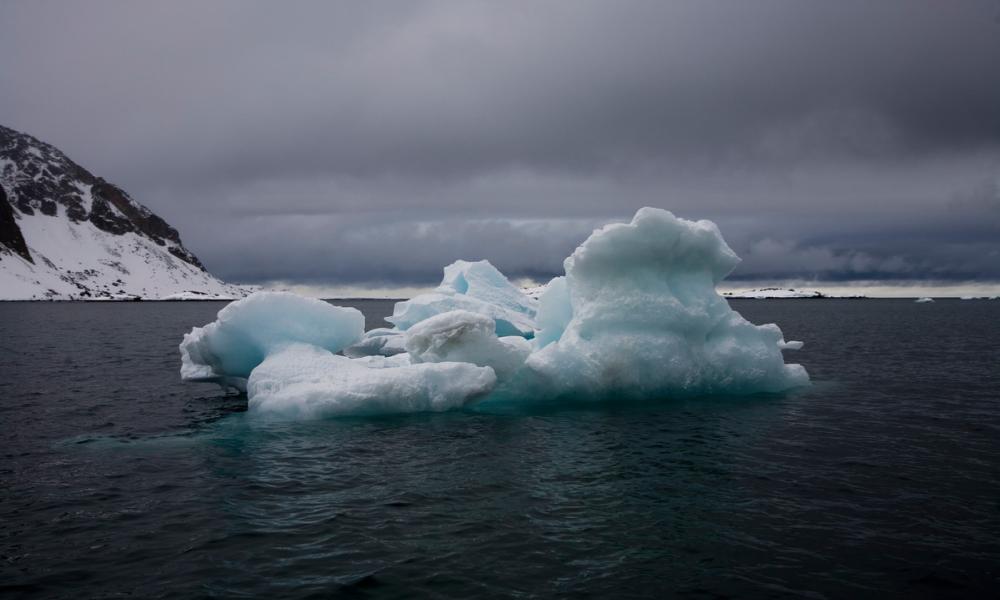
How bad could the impacts of climate change be?
How bad could the impacts of climate change be?
A rise of just 2°c would mean:
- Severe storms and floods in many countries, particularly impacting coastal areas, with droughts also affecting many parts of the world
- Seas become more acidic, coral and krill die, food chains are destroyed
- Little or no Arctic sea ice in summer – which not only means less habitat for polar bears, but also means the global climate warms faster, as there is less polar ice to reflect sunlight
Beyond 2°c:
- Rainforests dying
- Unthinkable loss of ancient ice sheets of Greenland and Antarctica, causing dramatic sea level rises
- Mass displacement of people and widespread species loss and extinction
That’s why we must act now.
Some people might try to tell you that global warming is natural, or that the Earth is actually cooling. Or they might suggest there’s nothing we can do. But here’s what the science tells us about climate change:
Temperatures are rising faster than ever:
Yes, the Earth’s climate has always changed, with temperatures rising and falling over thousands of years. But now, it’s happening at a far faster rate than ever before, giving people and wildlife very little time to react and adapt.
Global warming is man-made:
There is overwhelming evidence (97% scientific consensus) that global warming is mostly man-made – largely down to burning fossil fuels and deforestation on a mass scale. This is not a natural process, no matter how much climate change deniers may claim it is.
The good news? We can do something about it. But we have to do it together, and we have to do it now.
